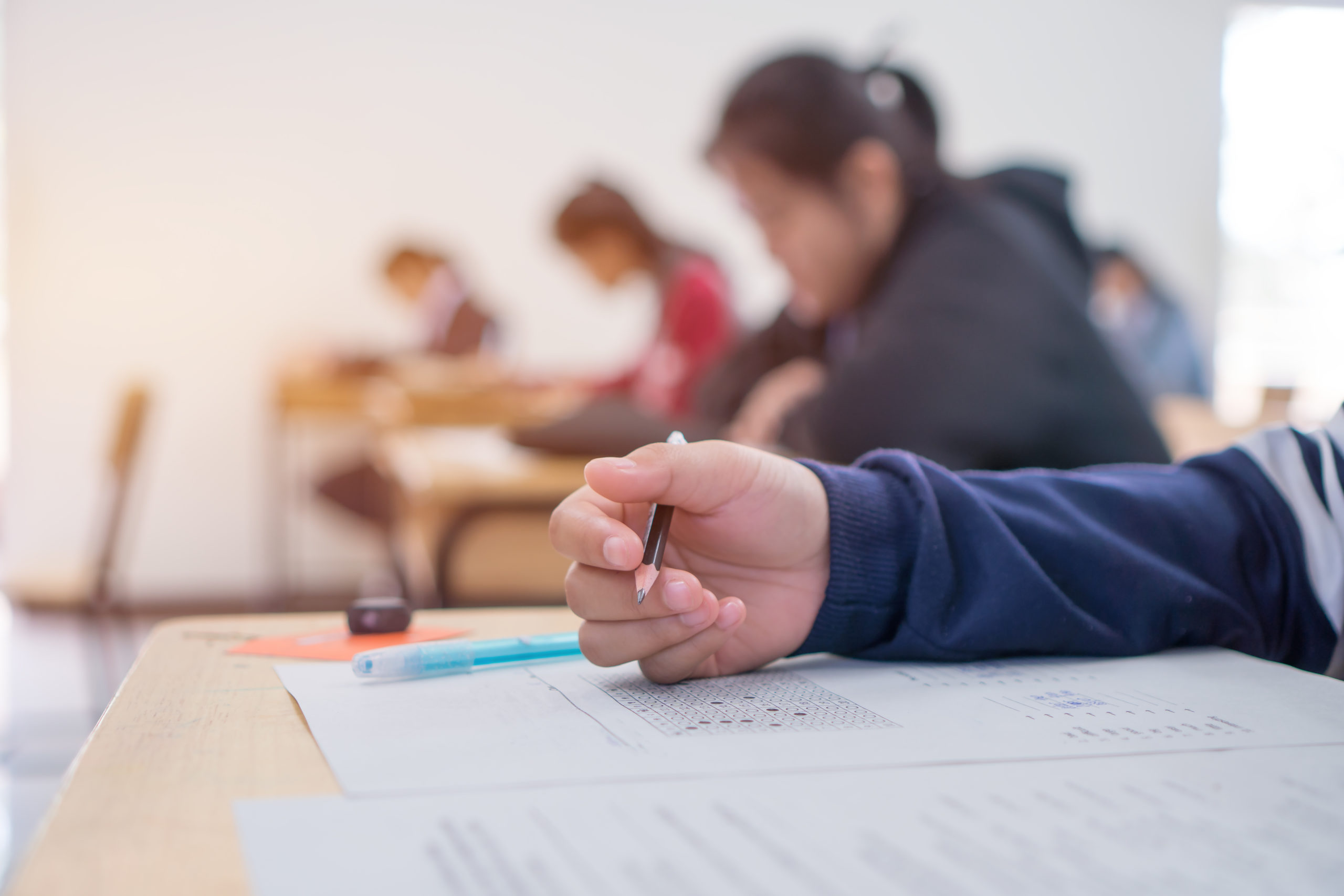The Minnesota Legislature will take a break before resuming on April 6 to focus on the omnibus budget and policy bills.
The 2021 legislature has been running hard the last three months, hearing numerous program budget requests and policy initiatives. Education has seen no shortage of legislative requests.
Legislators get to catch their breath as they are gone this week for their traditional Passover/Easter break. When they return to business on April 6, they only have six weeks left until the constitutional end of session hits on May 17.
The focus of session now turns to the major omnibus budget and policy bills and the eventual conference committee process between the House DFL majority and the Senate GOP majority.
The Walz administration plays a major role in end of session negotiations as the Governor decides whether or not to sign or veto the legislation that makes it to his desk.
Omnibus Education Bills
In the Senate
The Senate’s omnibus education bill will increase education funding by $152 million over the current budget base.
MREA anticipates the bill will provide a one-time infusion of funds to schools based on an inverse amount of federal dollars that are set to go to school districts through ESSER II & III.
The Senate bill will likely have dollars for ‘educational savings accounts,’ or vouchers by another name. While the funding levels in the Senate bill will frustrate school leaders and personnel, the Senate bill won’t contain the massive heap of education mandates coming from the House.
In the House
By comparison, the House bill will add $740 million over the current base budget for education. This mirrors the Gov. Tim Walz’s level of proposed spending for education.
The House bill also is expected to mirror the major investment components of the governor, including 1 percent and 2.5 percent on the formula, help for the special education cross-subsidy and continued support for school readiness plus 4-year-old slots.
The House bill will contain numbers policy initiatives supported by Education Minnesota, Professional Educator & Licensing Board and the Minnesota Department of Education. Some policy legislation includes terms and conditions of employment, including class sizes, student testing, student to personnel ratios, mental health instruction, constraints on tiered licensure advancement and more requirements for courses in civics for graduation.
Student discipline procedures will be a focus for House Education Policy Chair Ruth Richardson, as the House heads into Conference Committee with the Senate.
Stabilizing State Library System
The House Education Finance Committee on Wednesday heard HF 1710 (Wolgamott, DFL – St. Cloud), a bill which would appropriate stabilization funding for all 12 regional libraries, by increasing the annual allocation by $2 million each year in fiscal years 2022 and 2023.
This bill is in response to the growing need for public libraries, which have helped deliver technology services throughout the pandemic. It was laid over for possible inclusion in an omnibus bill.





